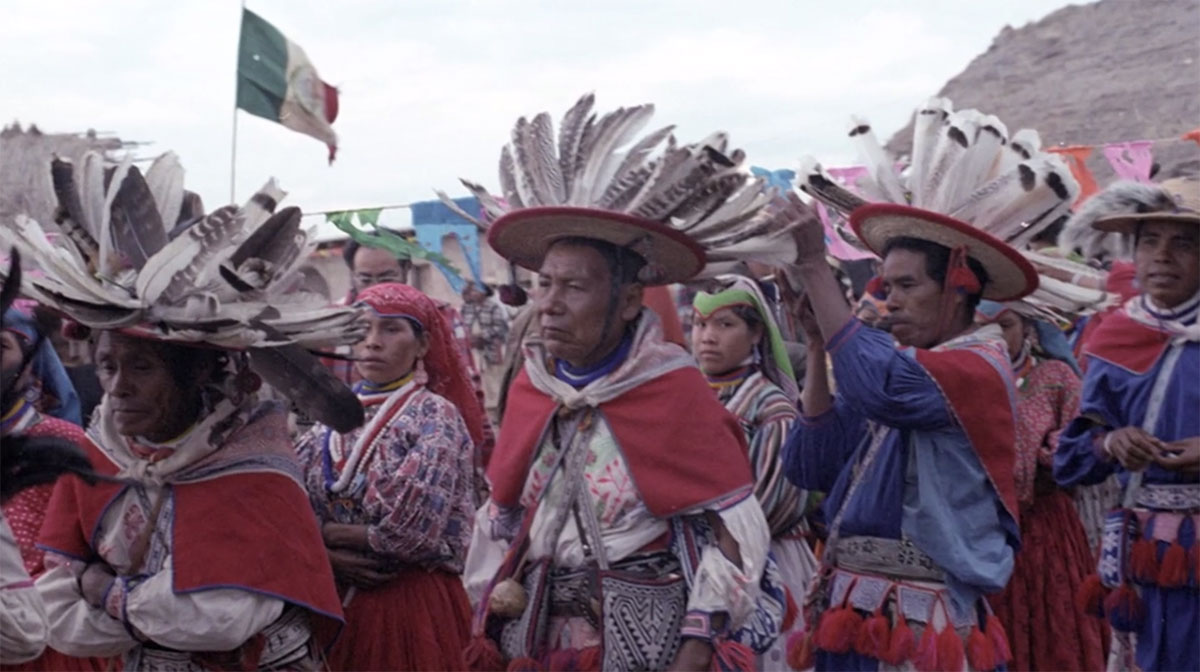Introduction
Mexico is one of the richest countries in the world in bio and ethnic diversity. This country of two million square kilometers is home to over 62 indigenous groups who have their own language.
In collaboration with the National Council for Culture and Arts (Consejo Nacional para la Cultura y las Artes) of Mexico, México commemorates Mexico's Independence Bicentenary (1810-2010) and Revolution Centenary (1910-2010) by celebrating many of the cultural communities that live in today's Mexico. México will explore communities whose histories and cultures reach back to pre-Columbian civilizations and whose voices have something to say to us about biocultural sustainability.
Four thematic areas will structure the program: the plaza, the market, the workshop, and the field. In these settings, participants will engage visitors in ceremonial and social dances, satirical processions, traditional and rock music, foodways, crafts, vernacular architecture, healing traditions, farming and fishing techniques, tequila and mezcal production, and demonstrate the knowledge and creativity that has sustained their communities and helped to shape contemporary Mexico.
Participants include members of the Wixárika Union of Jalisco, Nayarit, and Durango, who together with dancers and artisans from their communities will present their strategies for preserving their ceremonial centers. The Teenek of the Huasteca region of San Luis Potosí will reenact a tradition from their cosmology as they fly on the palo volantín. The Seri from Punta Chueca, Sonora, will play Seri rock, which they use to engage the interest of the younger generation in their own culture. A processional satiric Chinelos dance troupe from Morelos will be accompanied by the town band. Other participants include an artisan family from Teotitlán del Valle, Oaxaca, a candy maker from Xochimilco, and instrument makers from Nayarit and Veracruz. Music performances will range from regional mariachi musics from Guadalajara and Michoacán to son jarocho from Veracruz, baile de artesa from Oaxaca, and canción cardenche from Durango and Coahuila. The program will highlight Mexico's basic crops of maguey and corn by featuring the industrial production process for tequila in Jalisco and the more artisanal process for mezcal in Oaxaca. The program will also demonstrate the continuing tradition of pre-hispanic farming featuring a chinampa model garden, as well as traditional corn farming and bee-keeping in Campeche.






